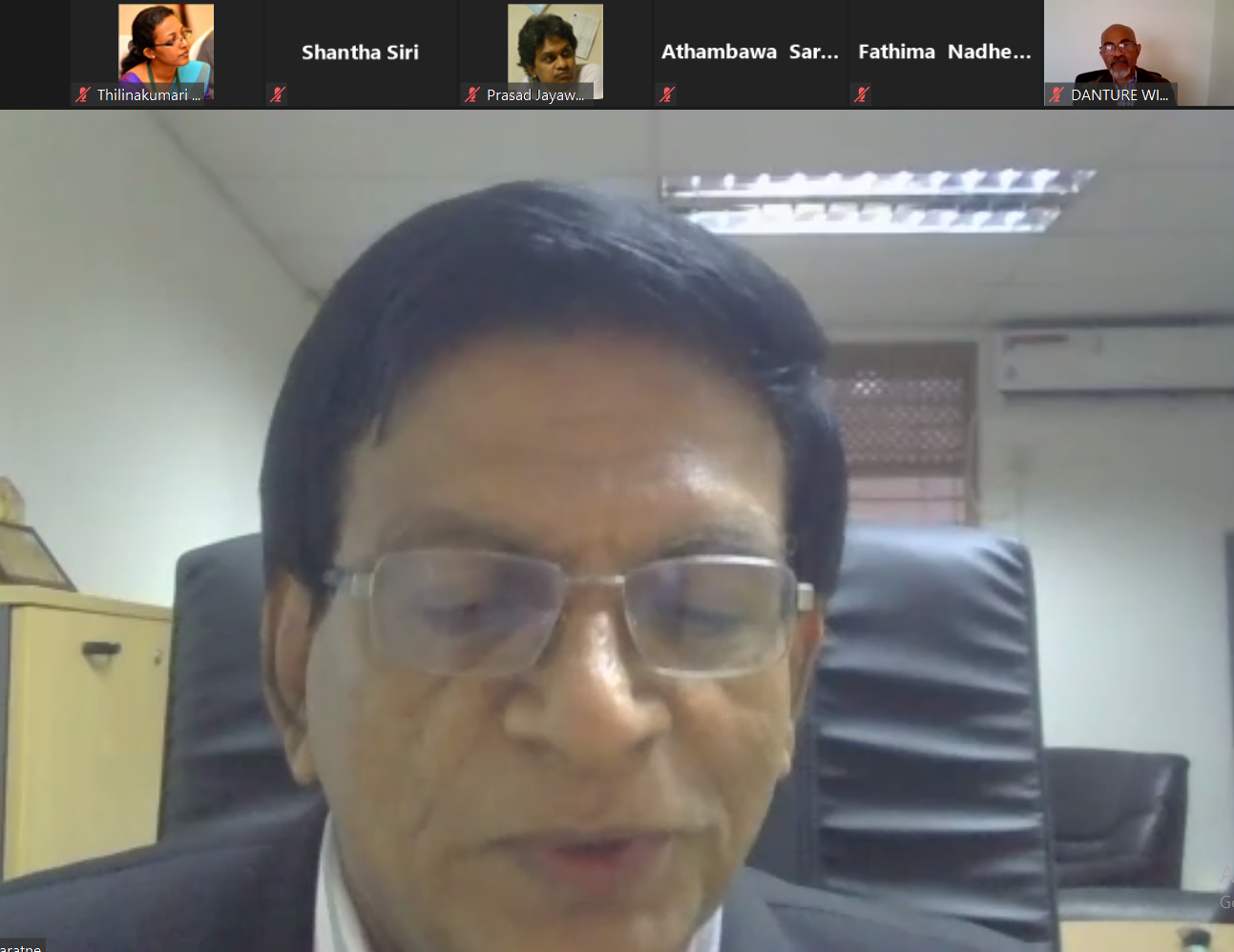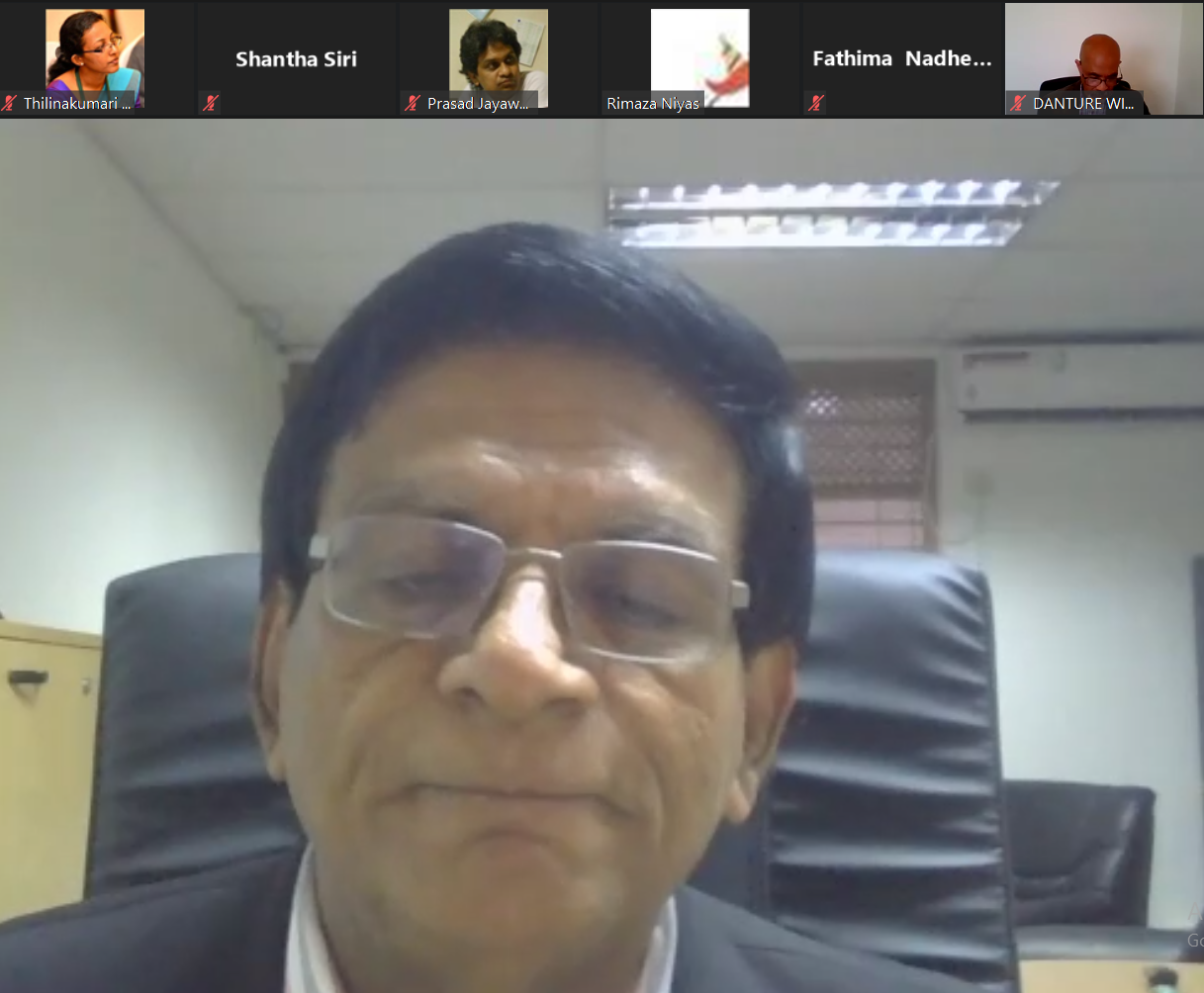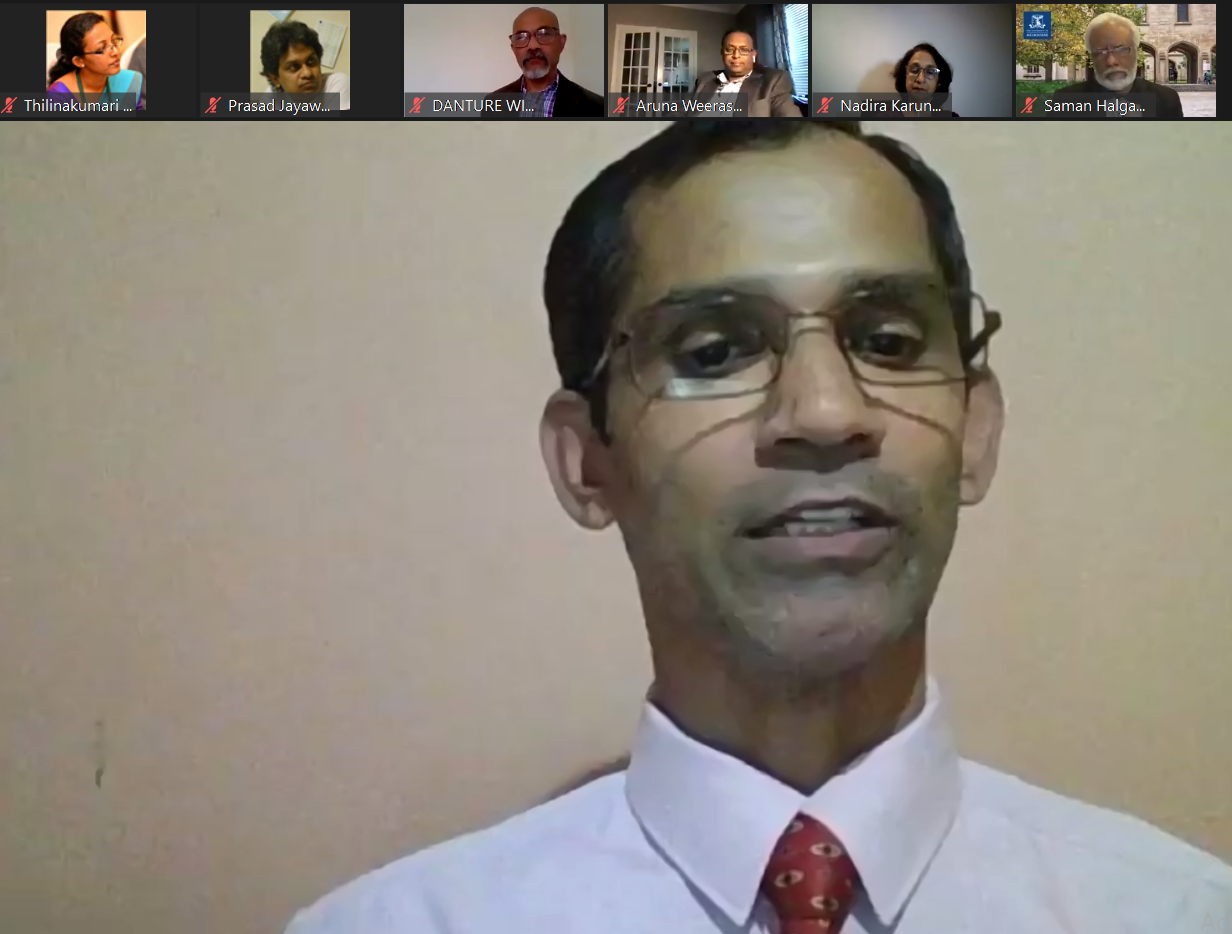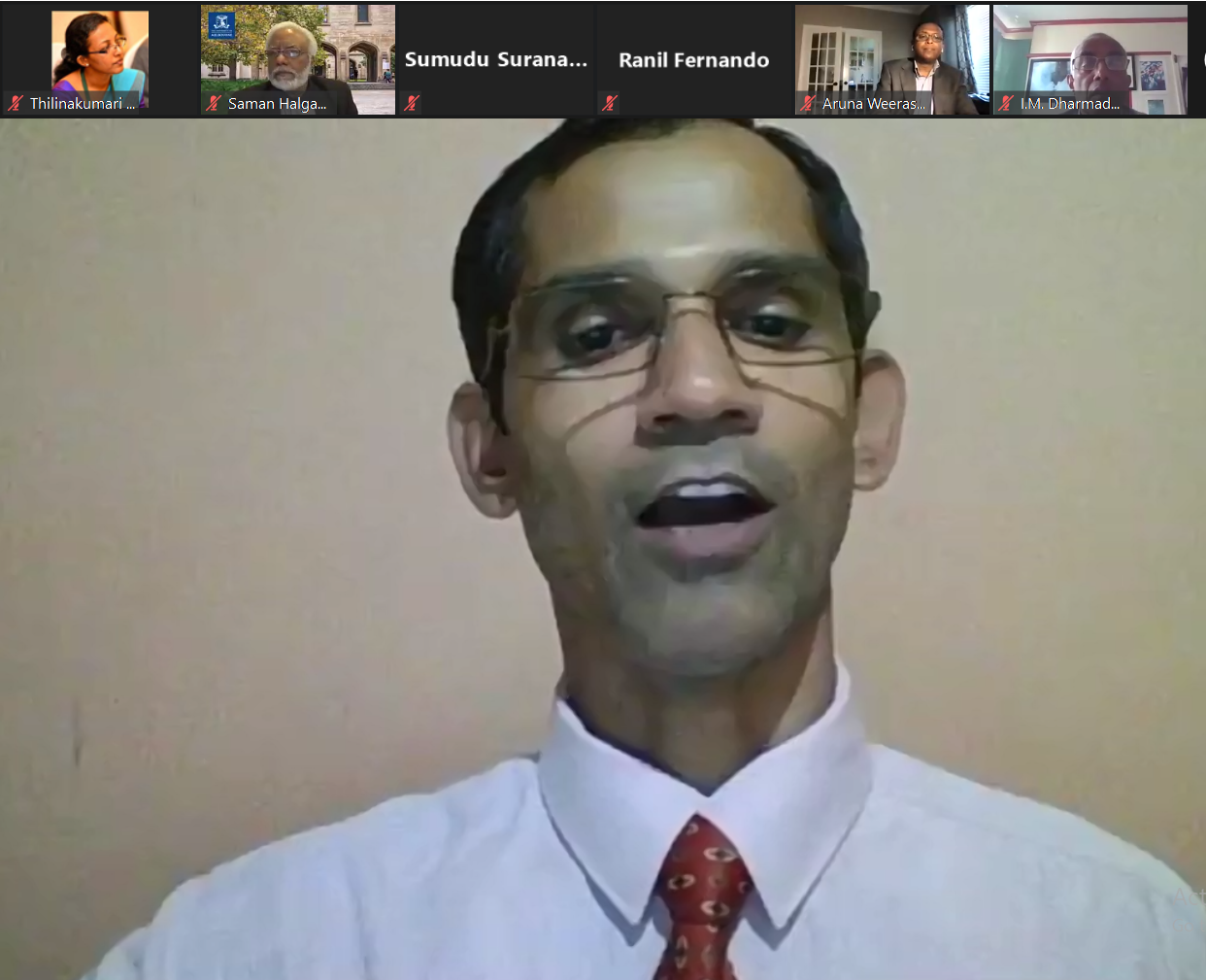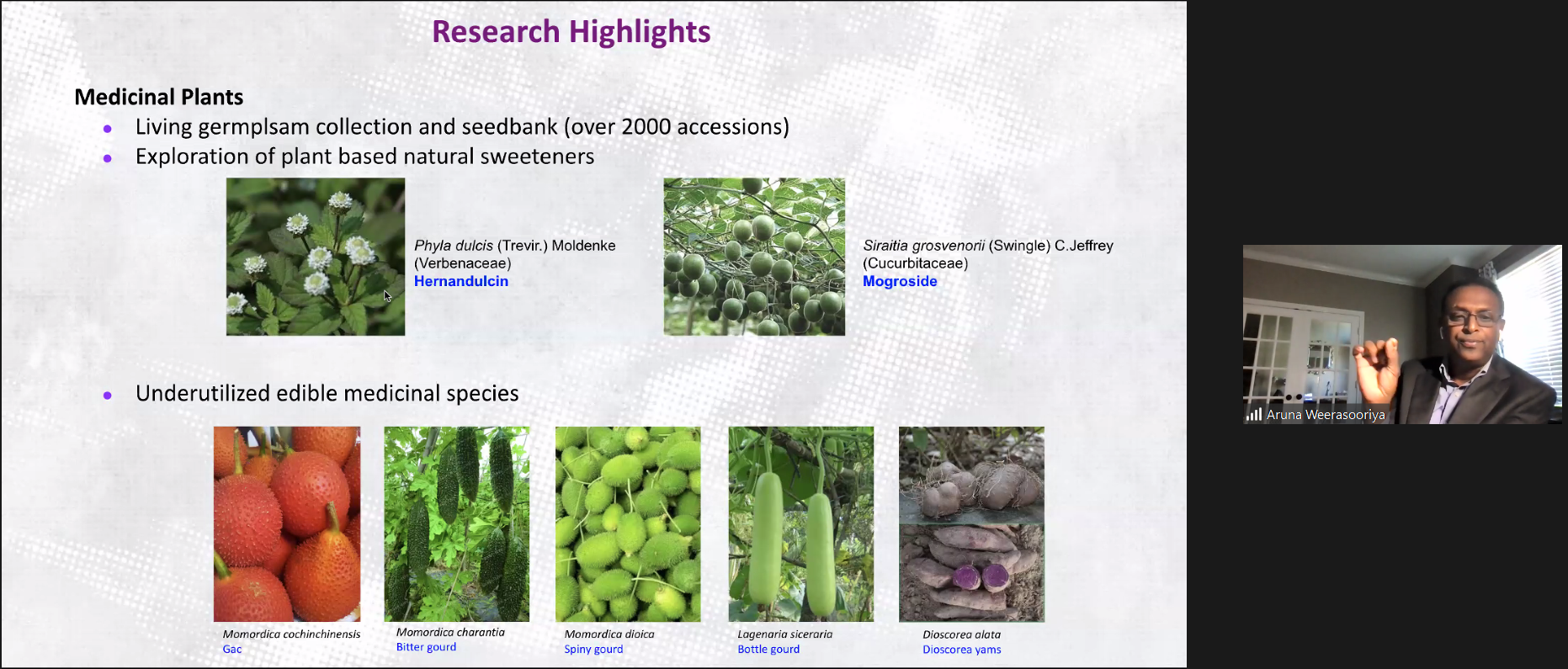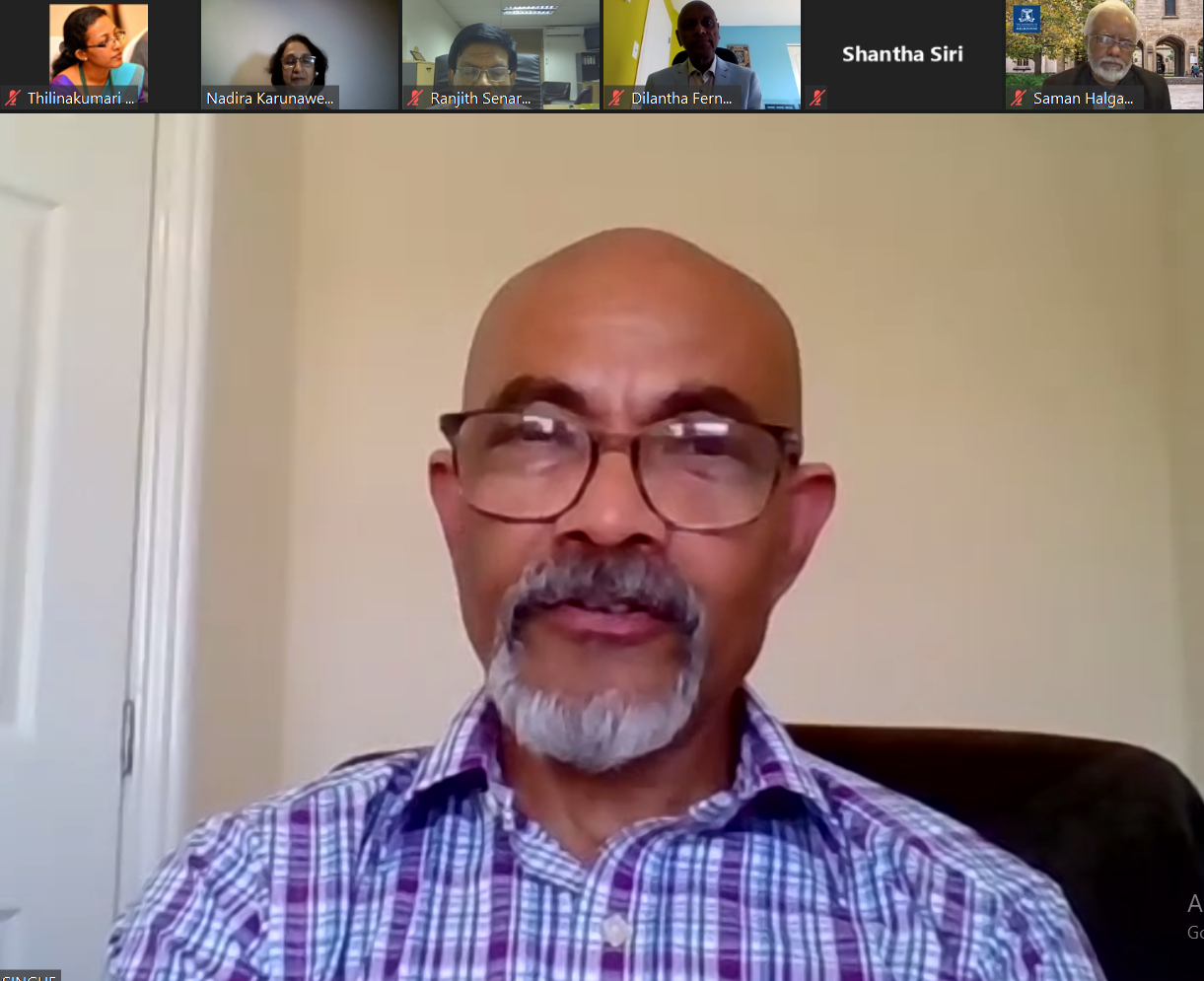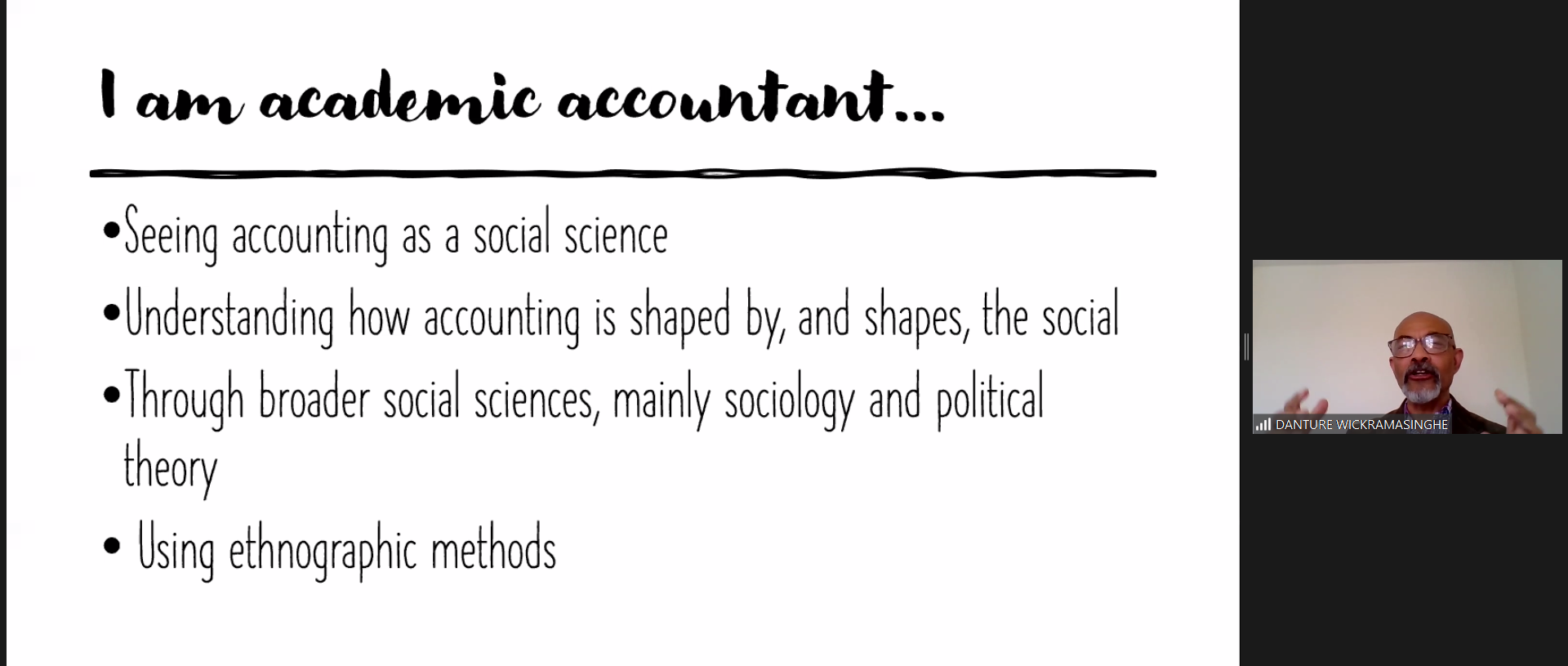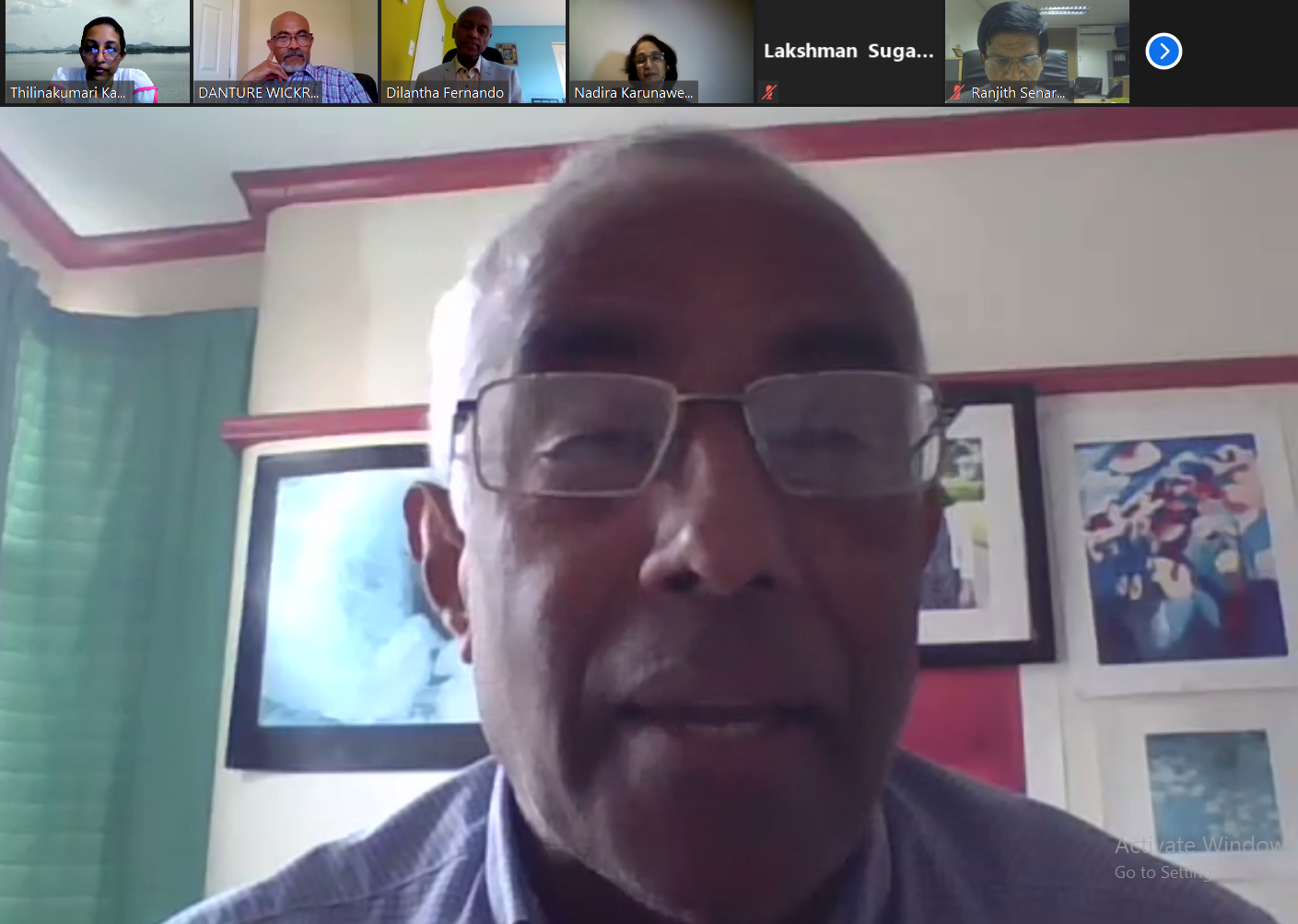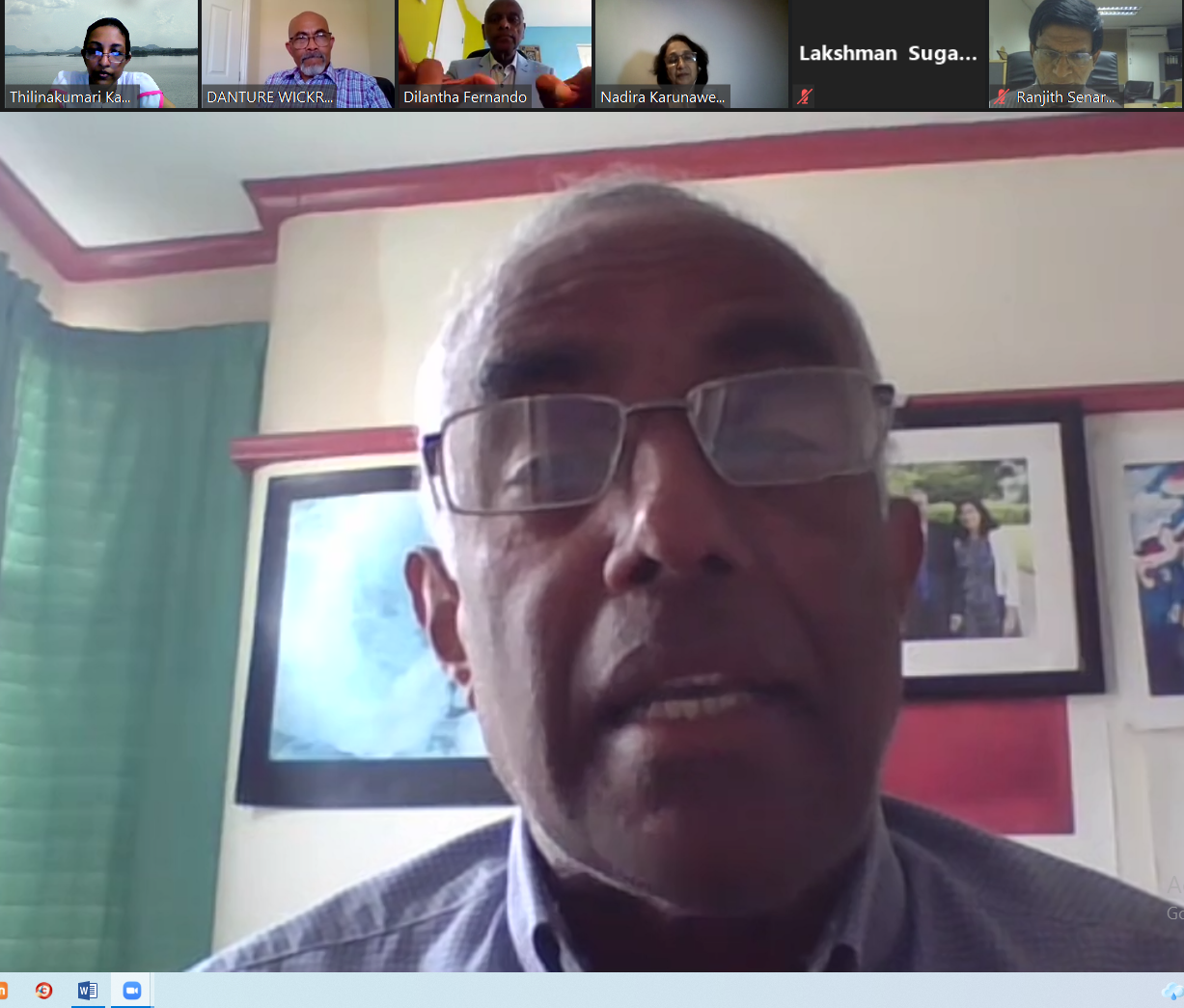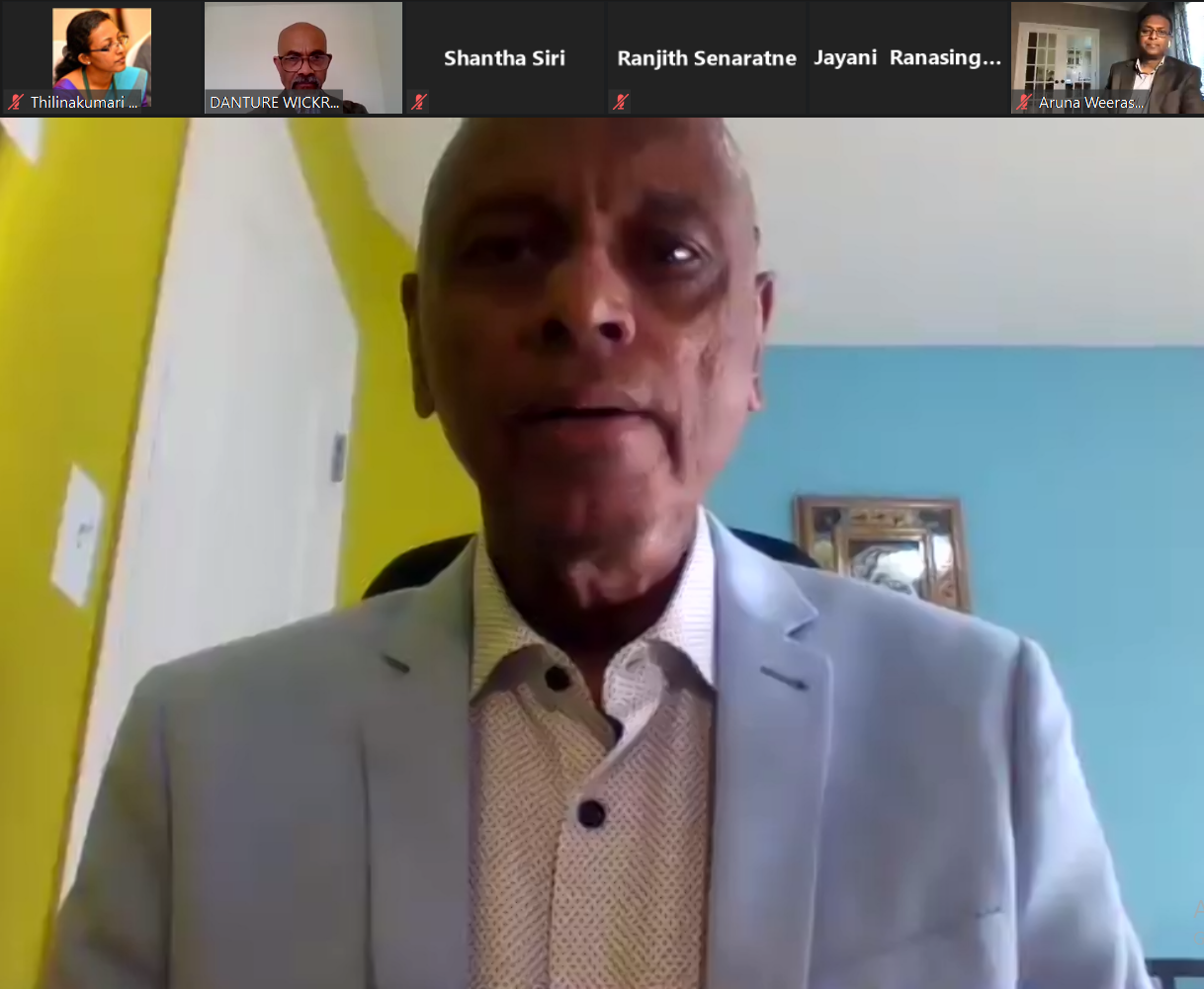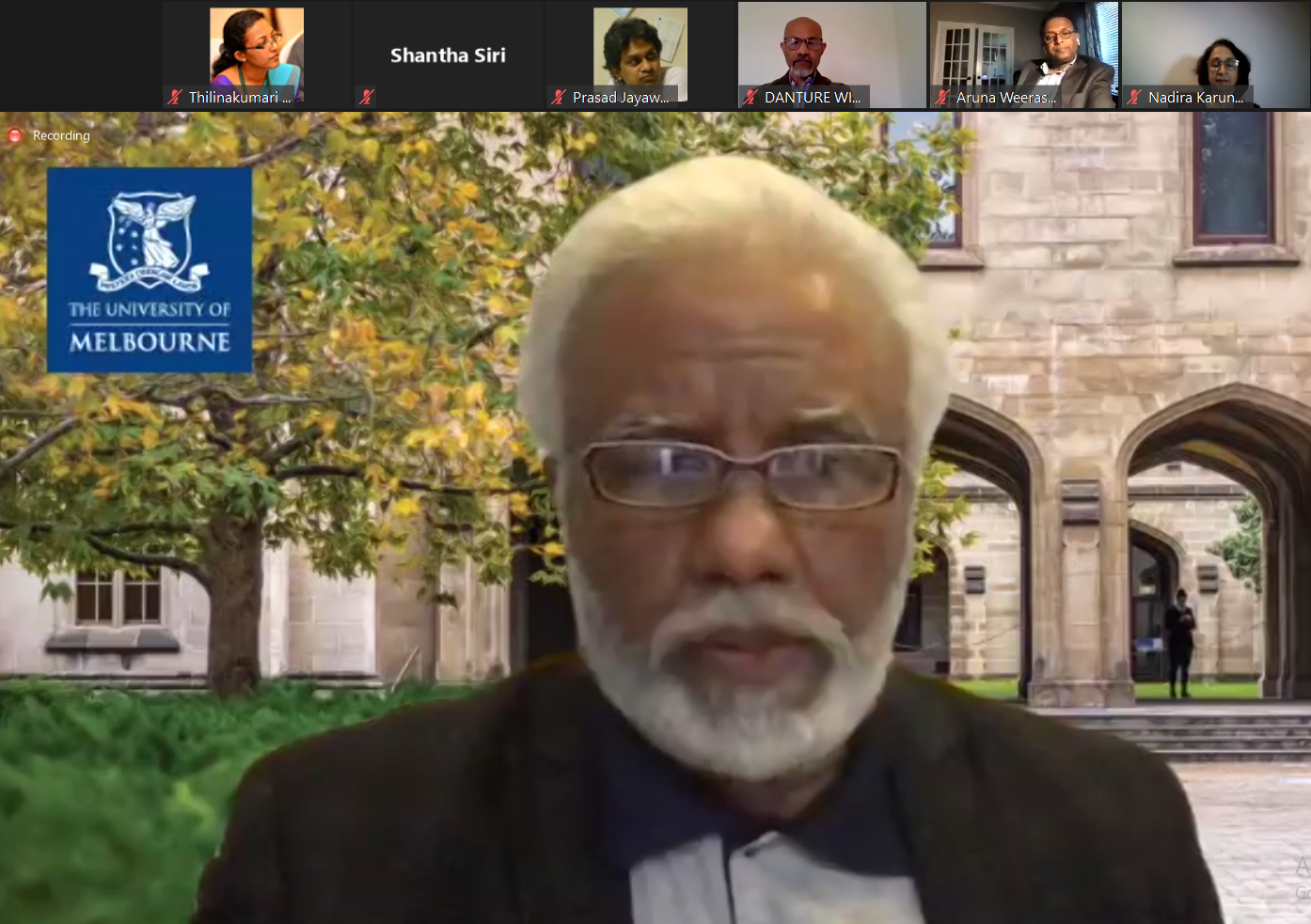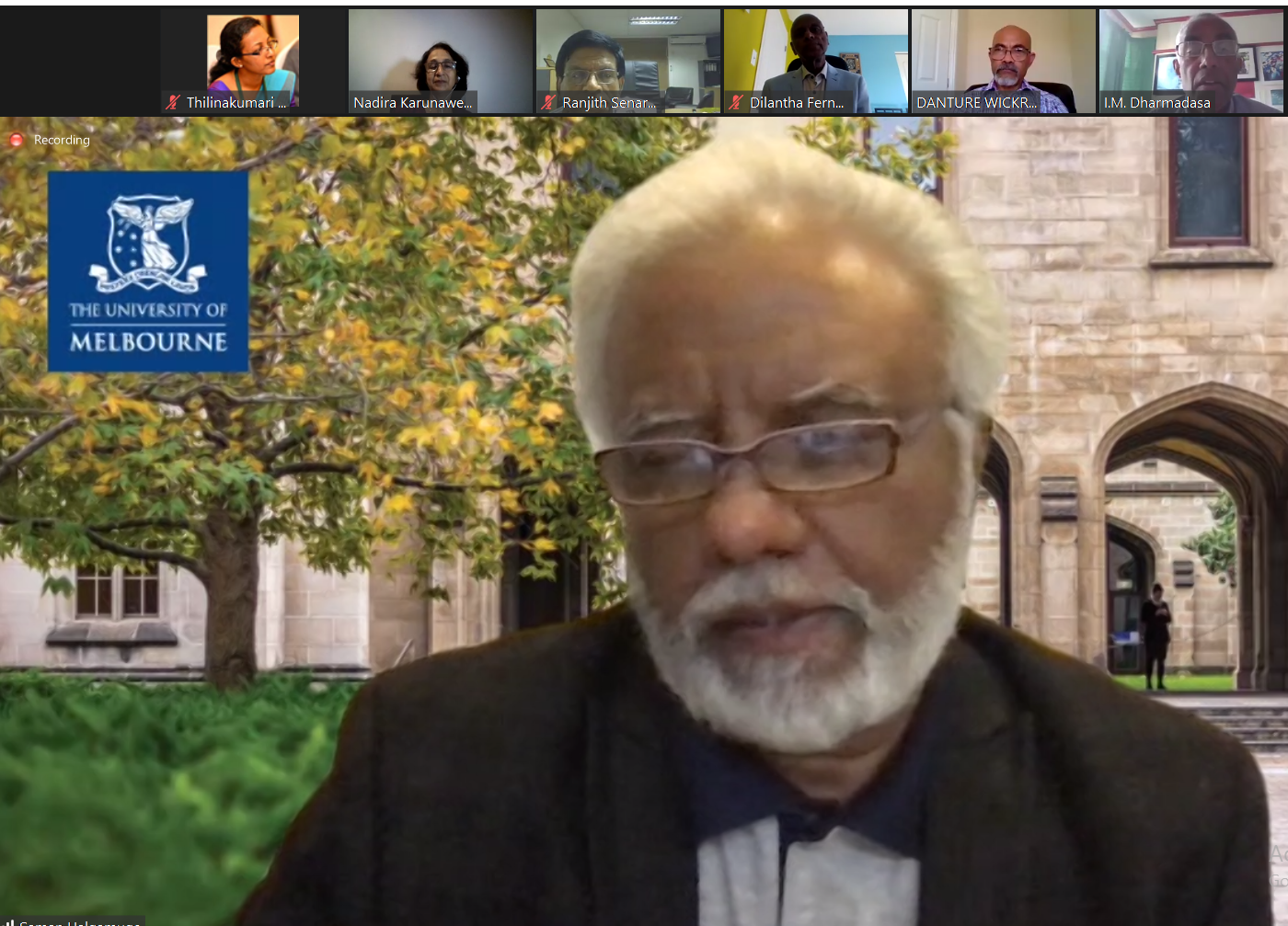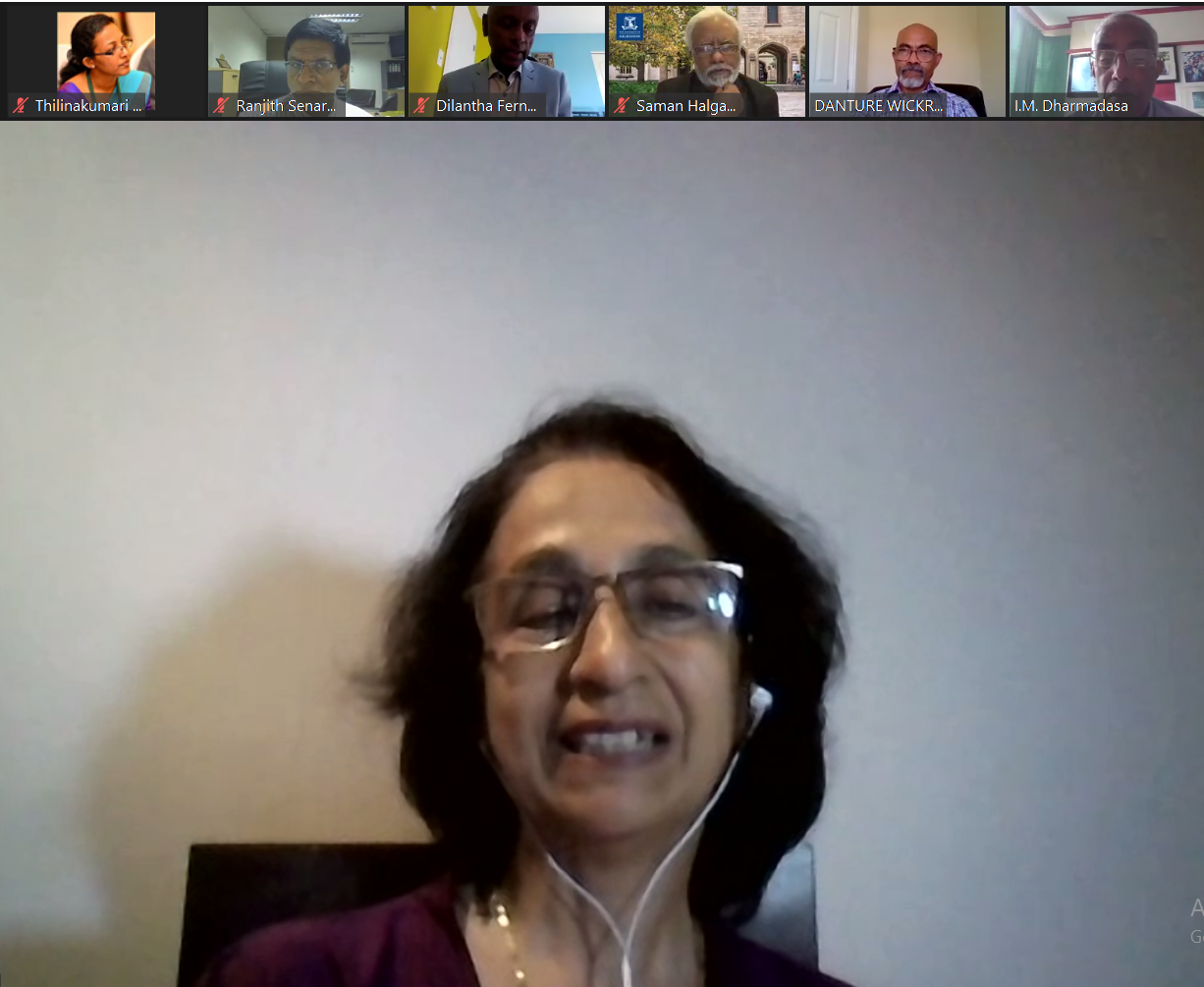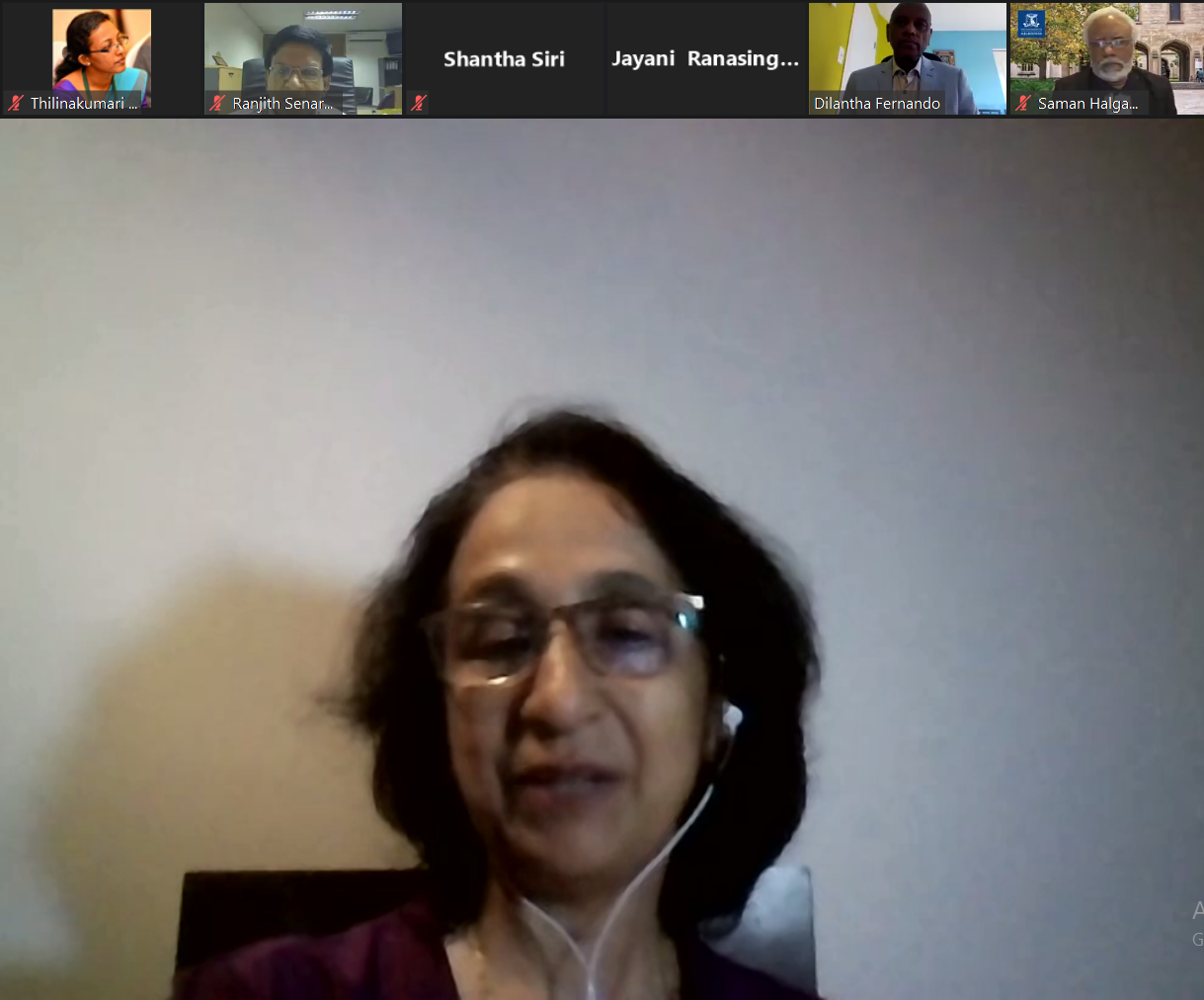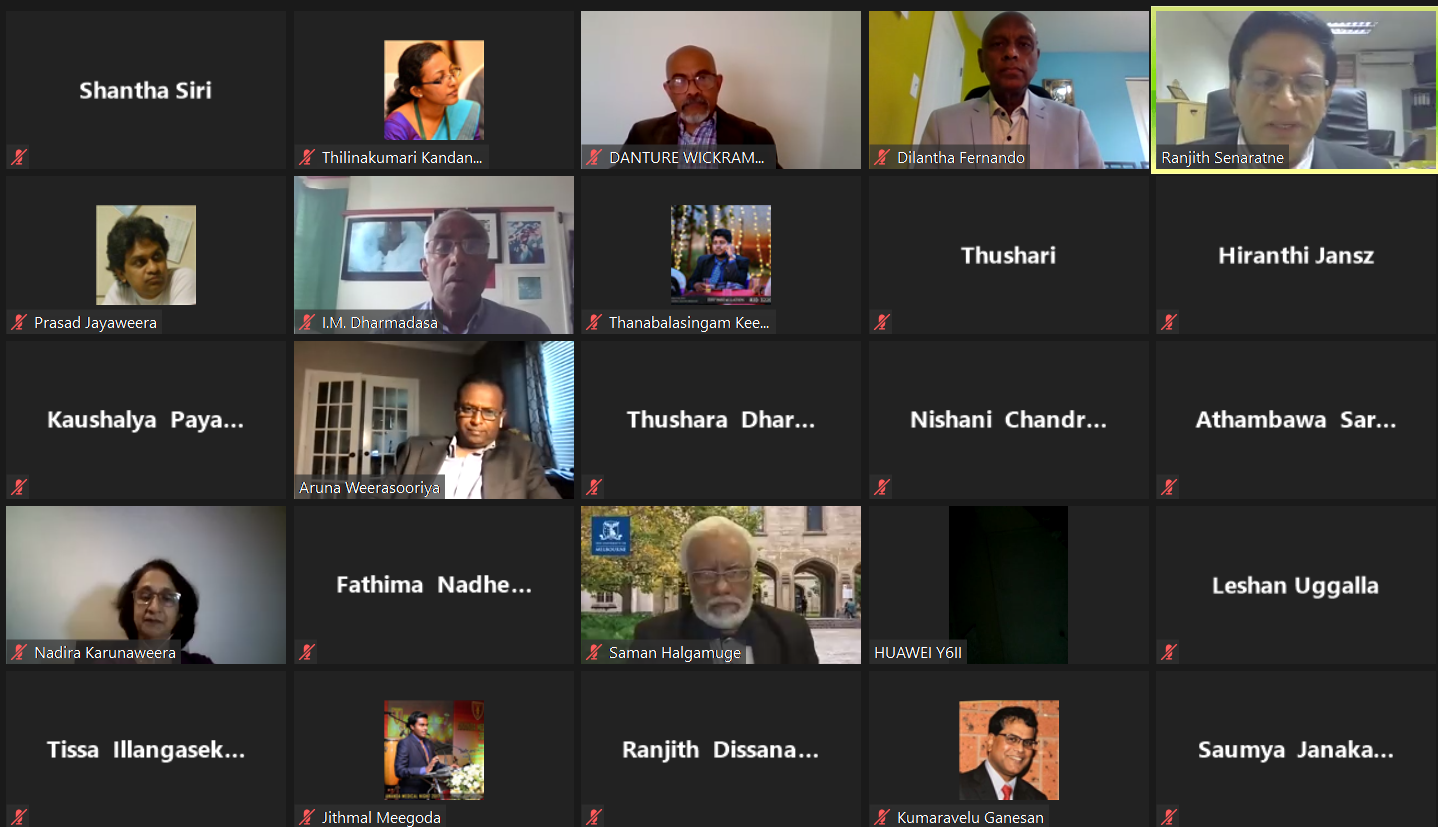
There are more than 03 million Sri Lankans living abroad and a substantial proportion of all of them are in senior positions in academia, R & D institutions and industry. There had been no credible and pragmatic mechanism for them to contribute. Because of this reason, National Science Foundation of Sri Lanka created a Digital Platform to harness this hitherto almost untouched and untapped intellectual asset and resource for the national development in a mutually rewarding and reinforcing manner. More than 850 outstanding expatriates in a wide range of disciplines have already registered with the Digital Platform from across the world. They are keen to contribute to national development, particularly to the fields of higher education, S&T and industrial development.
On the other hand, the thirst for various modes of overseas engagement in the higher education and research sectors is also growing in the country. For example, due to the limited access to higher education in Sri Lanka and the growing interest in securing foreign exposure, over 24,000 students have been going abroad annually costing over LKR 90 billion to the economy each year. However, with the advent of the COVID-19 pandemic, this number has drastically dropped, creating a huge unmet demand at home for higher education with an international character. Further, it would be a worthy course to enable our academics and researchers to occupy on the frontiers of knowledge and with a global standard, enabling them to contribute to the development of our economy.
Thus, the NSF organized a webinar on the 29th of June 2021 on at 05.30 p.m. (SLST) with the theme of 'How Sri Lankan expatriates could enhance performance of HEIs in Sri Lanka' to bridge this existing gap with the participation of four eminent Sri Lanka expatriate resource persons namely; Prof. Saman K. Halgamuge from the Department of Mechanical Engineering, University of Melbourne in Australia, Prof. Danture Wickramasinghe from the Adam Smith Business School of the University of Glasgow in UK, Prof. Dilantha Fernando, Department of Plant Sciences of the University of Manitoba in Canada as well as Prof. Aruna Weerasooriya from the College of Agriculture & Human Sciences of the Prairie View A&M University in the USA. There were valuable deliberations from the resource persons in terms of cutting edge technology, groundbreaking research findings, latest research trends, insight into current social science research, the global footprint of Sri Lankan publications and many more. There were 365 participants at the webinar representing higher education institutes as well as induvial researchers.
This event provided a great opportunity for participants, particularly young and mid-careers researchers and scientists and prospective graduate students as it was well elaborated by the resource persons on opportunities available in universities to which resource persons are affiliated, in terms of collaborative research, joint publications, postgraduate scholarships, graduate studentships, sabbatical positions mentoring & remote supervision. Moreover, it was well explained by the resource persons as to how to write and submit a wining proposal to grasp opportunities.
Follow up actions are being taken by the NSF to pave the way forward enabling research and scientific community to reap benefits by harnessing the said opportunities.